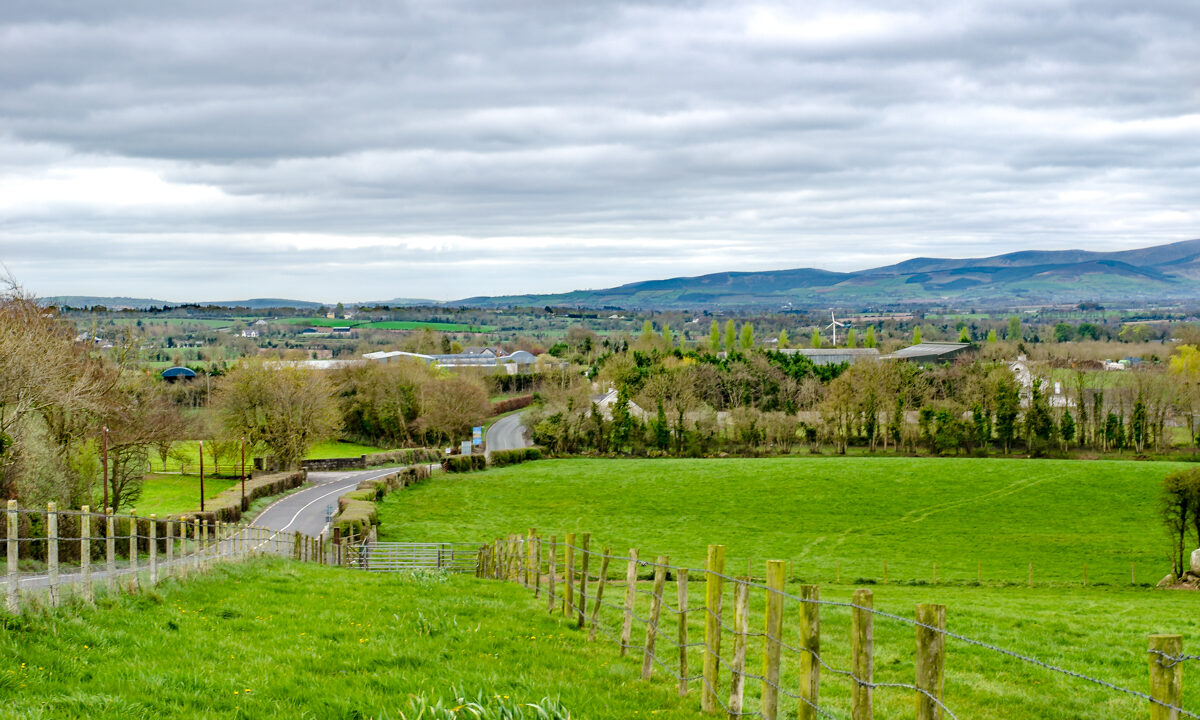Earlier today (Monday, March 29), the government revealed the ‘Our Rural Future‘ plan – a new five-year policy for rural Ireland.
The policy document makes some 150 specific policy commitments, across a number of areas, including agriculture.
Of the 150 policy commitments, 14 are devoted to “supporting the sustainability of agriculture, the marine and forestry”.
These include policies that are already underway, such as the development of a new agri-food strategy to 2030.
It also includes rural-focused policies such as encouraging and supporting local authorities to expand the number of farmers’ markets, farm shops and food emporiums, as well as supporting the formation of community-owned markets in all towns.
It is hoped that such a move would showcase local food produce from local farmers, growers and food producers.
Policy Measures
Apart from the two policy measures outlined above, the remaining 12 under the agriculture subheading are as follows:
Diversification
The policy outlines that farm diversification will be supported, including through the provision of the Options Programme managed by Teagasc.
Research and Development
The government will support research and development in areas such as agri-food; biobased systems; smart agriculture; and precision agriculture to promote and encourage innovation.
‘Living labs’
The policy will see the government explore the potential application of ‘living labs’ (a research concept based on user experience in particulars settings and situations), which would see innovation networks established to identify and pilot tailored place-based initiatives for primary production, food and biobased systems.
Climate
The policy states the government will continue with two climate-related measures that are already underway.
One measure is the implementation of the ‘Ag Climatise’ roadmap towards carbon neutrality for the agri-food sector.
The other measure is the roll-out of the agri-environment pilot scheme to “reward farmers for adapting to more sustainable methods of farming”.
This is with a view to the development of a new agri-environment scheme (under the next Common Agricultural Policy from 2023) that will be “capable of delivering broad environmental and biodiversity benefits that will align financial supports with climate objectives”.
‘Ambitious’ afforestation plan
According to the policy, the Department of Agriculture, Food and the Marine will at some point in the future publish a successor forestry programme to deliver an ‘ambitious’ afforestation plan.
This plan will aim to plant 8,000ha/year, with a particular focus on increased farmer participation and habitat creation.
Another measure linked with forestry will be ongoing support for the development of the knowledge and skills base of the forestry sector – and in the agriculture sector generally – by the Teagasc advisory and education services.
CAP
In terms of the Common Agricultural Policy (CAP), the government will aim to develop a strategic plan for the period 2023 to 2027 that will address existing and emerging challenges including climate action, environmental protection, farm incomes, and “sustaining vibrant rural areas”.
In a related measure, the policy also aims to support generational renewal, including young farmers and women in agriculture, through measures such as CAP, taxation measures and access to financial incentives.
Farmer support and social issues
Three distinct measures fall broadly into this description.
The first is increasing awareness and outreach across the farming community of programmes and initiatives to support the safety, health and wellbeing of farmers.
The government will also conduct a review of the means test for Farm Assist to ensure farmers receive the “appropriate level of support through this scheme”.
Finally, the government will – as it has already indicated before now – enact legislation implementing revised Nursing Home Support Scheme (Fair Deal Scheme) provisions in respect of assets which are family-owned-and-operated farms and businesses.
